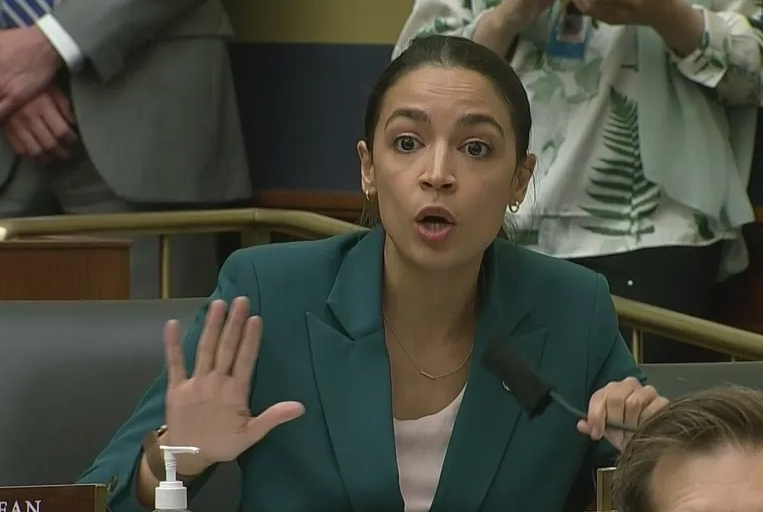Zachary Halaschak of the Washington Examiner writes about new scrutiny of ESG investing goals.
ESG and Republican pushback to ESG have emerged as major points of corporate and political discourse.
Just a few years ago, no politicians were talking about environmental, social, and governance principles, known as ESG, but ESG has emerged over the past couple of years as a major flashpoint. The fierce pushback to ESG has come in response to new ESG-type initiatives being pushed by the federal government as well as the simple fact that ESG has become increasingly accepted by corporations, many of which have tethered themselves to activist groups.
ESG has been around in varying permutations for years. The movement is closely associated with “stakeholder capitalism,” which eschews the idea that a corporation’s only function is to serve its shareholders and rather also embraces the concept that it should create value for customers, employees, suppliers, and communities.
Supporters of ESG and stakeholder capitalism see them as a way that the private sector can help mold the world into a better place, but detractors contend it is an attempt to distort the free market and, in some respects, even culture through capital and influence.
Jeff Landry, the attorney general of Louisiana, is one of the figures who has been fighting back against the growing wave of ESG. He told the Washington Examiner that many of the policies associated with ESG likely wouldn’t have enough political support to be passed into law.
“And so, they found that as we’ve allowed corporations to amass more and more market power, they’re using the economic might of these companies in order to move a policy, a social policy,” Landry said during an interview.
The first mention of ESG in its current context came nearly two decades ago, in 2004, in a report by the United Nations, according to the Corporate Governance Institute.

